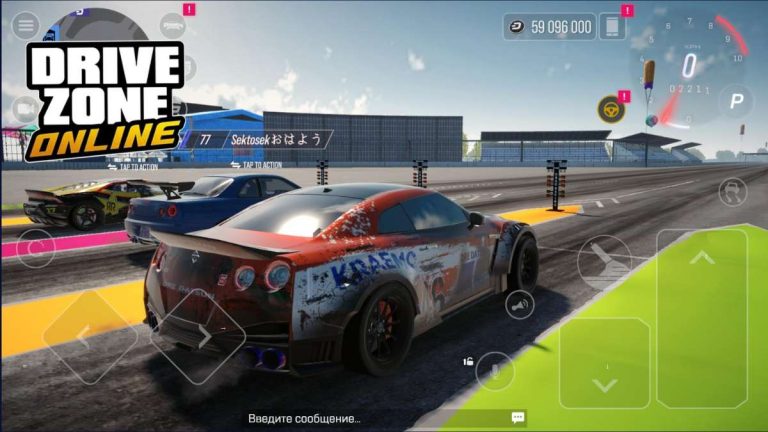When Winning Feels Bad: How to Manage Post-Bet Anxiety and Dopamine Burnout
You win the bet. The odds were right, your logic was solid — everything went your way. But instead of satisfaction, your chest feels tight. Your thoughts race. You’re already scanning for the next match. Sound familiar? You’re not alone. It is not always a win when you win, and there is a neurological explanation for that.
The Unexpected Crash After the High
When most people think of betting, they think of the risk of loss, but not many speak of the crash that may come after a win. It may appear to be illogical: you have managed to succeed, so why do you feel nervous, shaky, even somewhat empty? The solution is in how your brain processes anticipation vs. reward.
Betting energizes the dopamine system, which not only brings pleasure but also the anticipation of pleasure. As you put a wager, particularly one that seems risky or tactical, your brain boosts dopamine since it is expecting a potential victory. That spike is what gives the thrill. But once the outcome is known — even if it’s in your favor — dopamine rapidly drops. Sometimes, it’s too fast.
That drop can feel like a subtle emotional hangover. You may feel:
- Restless or over-alert, despite the win
- Urged to chase the “next hit”
- Unable to fully relax or enjoy the moment
This is where post-bet anxiety begins. It’s not just nerves — it’s neurochemistry. And it can affect your behavior if you’re not conscious of it.
Why Wins Can Trigger Unhealthy Patterns
After a big win, many bettors report feeling an internal pressure to place another stake, not out of greed, but out of imbalance. The brain, caught in the high-stimulation loop, starts to crave another round of anticipation to keep dopamine up. This is how people unintentionally move from logical betting to compulsive patterns, even without realizing it.
There’s also something called anticipation addiction. Studies in behavioral psychology show that for many people, the most stimulating part of gambling isn’t the win — it’s the lead-up. Once the suspense ends, the brain can experience a void. If you don’t fill that space with healthy recovery rituals, it fills itself, often with impulsive behavior.
Let’s be clear: not every bettor experiences this. But if you’ve ever found yourself chasing a win with another bet — not for profit, but just to “keep the feeling going” — your dopamine loop is running the show.
That doesn’t mean you should quit betting entirely. But it does mean you need tools for emotional regulation, especially after wins.
Building a Post-Win Cooldown Ritual
Managing your mental state after a win is just as important as how you analyze odds or manage your bankroll. Without a personal reset process, your brain will default to chasing stimulation. A structured “cooldown” helps return to balance.
Here’s what works:
- Take a forced pause (5–15 minutes) after any major bet result — win or lose. This gives your dopamine system time to stabilize.
- Switch contexts. Leave the screen. Get outside, stretch, and have some water. Let your nervous system shift gears.
- Name your state. Literally say it: “I feel hyper,” “My chest is tight,” “I want to bet again even though I don’t need to.” Labeling emotion reduces its power.
- Do something structured but low-pressure, such as spending a few minutes in a focused app like pm bet app, where you can engage mentally without triggering the high-stakes dopamine loop again.
The key idea is this: don’t leave a win emotionally “open.” Give it an ending. Your brain needs closure, not continuation.
How to Spot Dopamine Burnout Early
Over time, unmanaged highs and lows lead to what’s called dopamine desensitization. You stop getting joy from small wins. Even normal activities — meals, music, socializing — feel flat. That’s when burnout begins.
Warning signs include:
- Irritability after wins
- Difficulty sleeping after a betting session
- Feeling numb or flat, even on a good day
- Compulsively checking odds without placing bets
This isn’t just psychological. Your dopamine receptors become less sensitive. The good news? It’s reversible — but only with conscious breaks, structured rest, and better reward hygiene.
Make sure you’re balancing stimulation with recovery. That means more than just “not betting.” It means using your free time in a way that restores dopamine balance. For example, light, goal-based activities like learning something new, low-stakes gaming, or even walking with a podcast can help rebuild reward sensitivity without overloading your system.
Conclusion: Learn to Win Well
Winning should feel good — and it can. But only if you learn how to handle the emotional wave that follows. The real skill isn’t just making the right bet. It’s what you do in the 10 minutes after the result.
Without a reset, even the best bettors risk burnout, compulsive cycles, and performance decline.
The solution isn’t quitting. It’s managing your inner state with the same discipline you use for odds and stats. Build habits around your wins — structured breaks, short recovery routines, even light engagement in tools like the PM Bet app — and your nervous system will thank you. Because sometimes the hardest part of betting isn’t the risk. It’s the reward.




